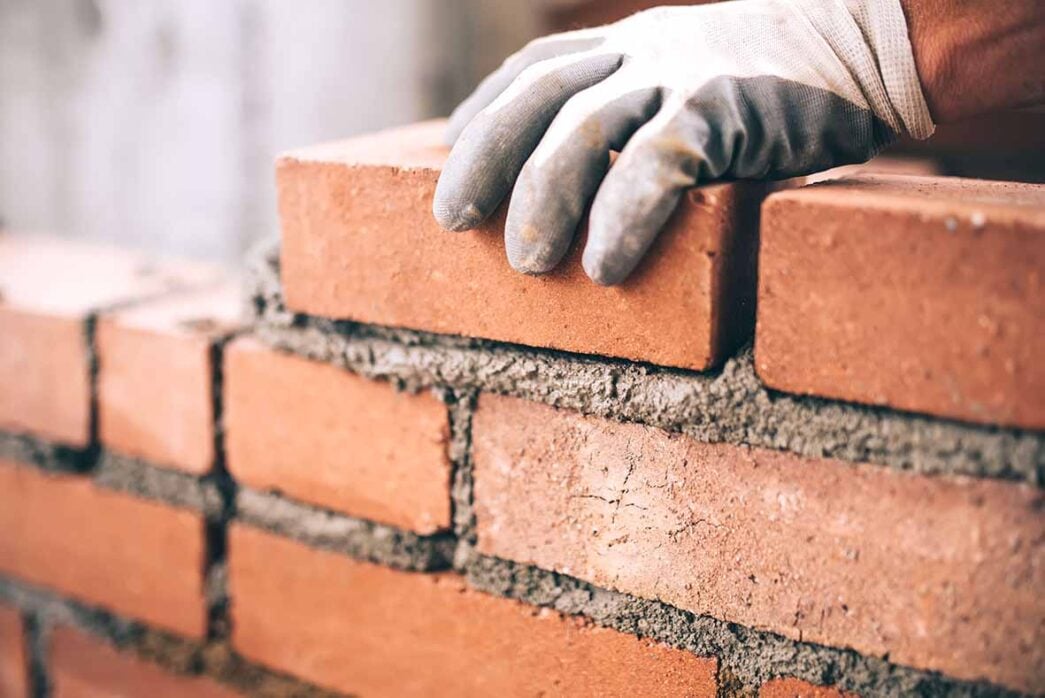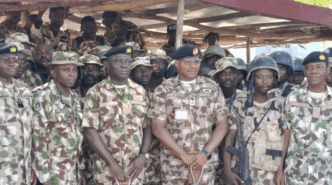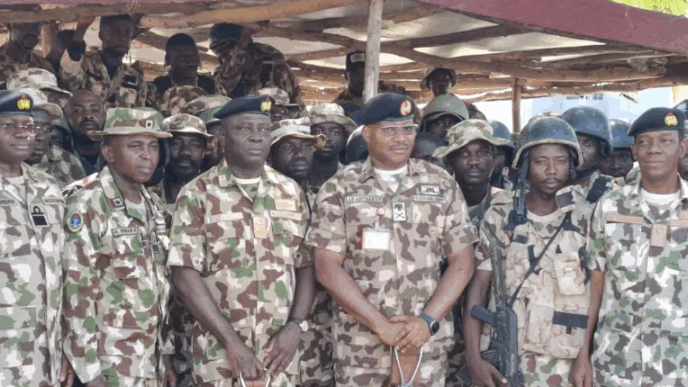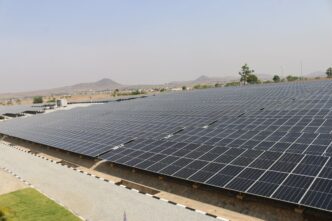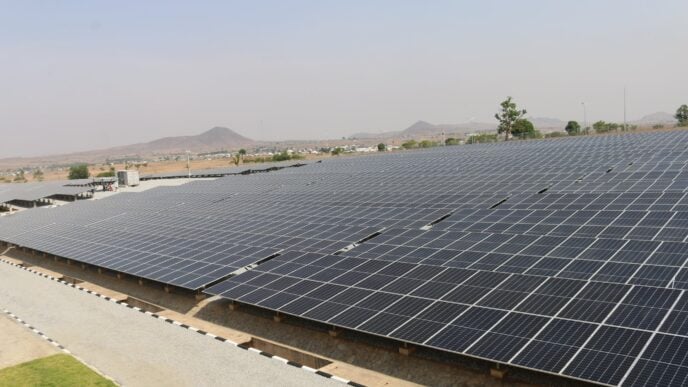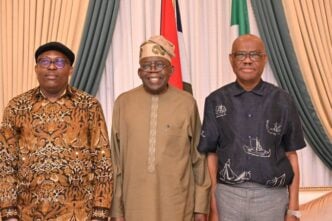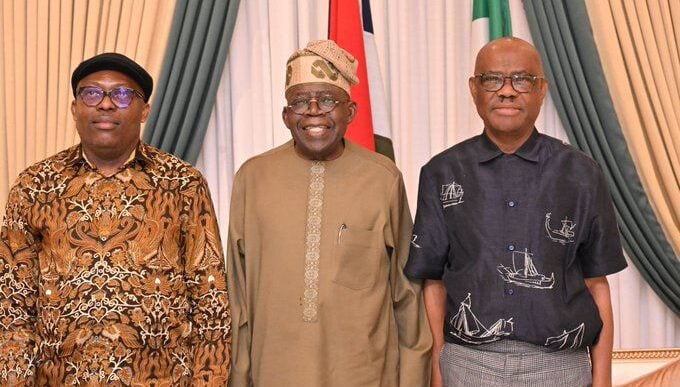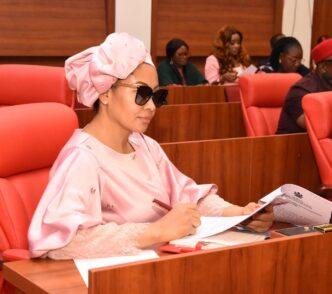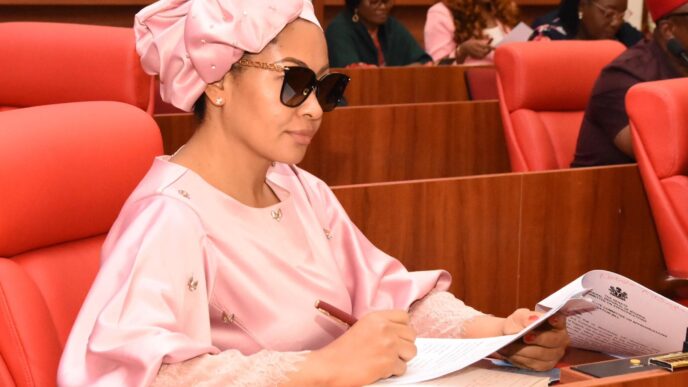BY OLUWASEUN KAYODE
Africa is a continent filled with potential that is untapped, unstructured, and often under siege. From its vibrant streets and bustling markets to its remote villages and digital corridors, you can hear the same sound over and over again: the sound of people trying to build. Build businesses. Build solutions. Build schools. Build dignity. Build hope.
But building in Africa is not romantic work. It is not a linear story with neatly arranged milestones. It is hard, gritty, and often deeply lonely. And though many of us talk about the need to build, to rise, to innovate, to catch up with the rest of the world, very few are honest about what it actually costs to build anything on this continent.
Everywhere you turn, there is something broken that needs rebuilding. Our healthcare systems are overwhelmed, often failing to deliver basic services. Our schools, in many parts, remain relics of a colonial past—underfunded, underperforming, and unable to prepare young people for today’s realities. Our roads, ports, and trade systems are so fragmented that doing business becomes a test of endurance, not a pathway to growth. And then there is governance marred by policy decisions that feel disconnected from the lived realities of citizens, where corruption and nepotism are not just present, but expected.
Advertisement
But what keeps Africa from completely unravelling is a small army of invisible builders. These are people who have chosen not to complain from the sidelines but to roll up their sleeves and get to work. You see them every day, if you look closely: the teacher training young minds with no electricity, the founder pitching for the hundredth time with no guarantee of funding, the mother running a roadside business to keep her children in school, the young man building a chain of POS shops to serve the unbanked in his community, the farmer transforming acres of land without access to modern tools. These are not just stories of survival; they are stories of sacrifice.
And that’s the part we don’t talk about enough: the cost.
Because while everyone is excited about the idea of Africa rising, no one wants to talk about what it truly costs to build here. The financial cost is the most obvious, but not the only one. Start with the challenge of capital, where good ideas routinely die on notepads because the runway never comes. Investors want traction, but traction takes money. Entrepreneurs hear “too early” until they’re too tired. Banks will not touch an idea unless it’s already halfway proven. And grants, where available, come with their own labyrinth of complexity. So the founder learns to survive by sheer willpower, bootstrapping from personal savings, borrowing from friends, and selling personal belongings just to make payroll.
Advertisement
But even when the money comes, the next cost appears—visibility. Builders from underserved communities are often locked out of the rooms where opportunities are shared and stories are validated. Without a network, even the best ideas can die in obscurity. And when someone does get the gift of exposure through a fellowship, or a spotlight, or a platform, there is often a hidden tax: the expectation to conform. You are taught how to pitch your story in a way that makes sense to outsiders, not necessarily to the people you are building for. And in trying to sound fundable, your mission sometimes drifts. Slowly, quietly, and almost imperceptibly, your original idea gets redefined, not by you, but by the ecosystem around you.
Then there is the emotional cost, the one that creeps up on you. In building something meaningful, many lose the very things that gave their lives meaning. Relationships fray. Partners grow apart. Children are tucked into bed by someone else. Founders find themselves explaining again and again why they can’t show up for birthdays, anniversaries, or family events. “Just one more year,” they say. But the year turns into three. And when they finally look up, they’ve built something impressive, but at the expense of the people who loved them most.
And perhaps the greatest cost of all is the cost that can’t be quantified: mental health. Building is lonely. Especially when you’re building in systems that are not designed to help you succeed. You wake up most mornings with more uncertainty than clarity. You juggle multiple roles — visionary, marketer, operations lead, accountant, fire-fighter — all while carrying the burden of other people’s expectations. You pretend to be okay when you’re not, because vulnerability feels like weakness in a world that rewards performance. Therapy is unaffordable. Rest is a luxury. And yet, you’re told to keep pushing, that this is the price of greatness.
So yes, we should absolutely talk about the cost of building. But if that’s the only question we keep asking, we risk talking ourselves out of the very work that must be done.
Advertisement
Because what we really should be asking is this: what is the cost of not building?
What happens if we decide it’s too hard, too expensive, too risky? What happens if we retreat? If we step back and leave things as they are?
We already know the answer.
We continue to raise children in broken education systems. We watch preventable diseases claim lives in hospitals without medicine. We see young people drown in oceans trying to escape the continent of their birth. We lose brilliant minds to brain drain because they couldn’t find a home for their ideas here. We become dependent, always waiting for foreign aid, foreign investors, and foreign validation. We become a continent rich in potential, poor in power.
Advertisement
That, to me, is a cost we simply cannot afford.
So yes, building will demand everything from us: money, time, relationships, mental strength, and more. It will stretch us. It will break some of us. But the alternative is a future where we remain spectators in a world we should be shaping.
Advertisement
We must build anyway.
Because every school we build, every platform we create, every business we start, every law we reform, every young person we mentor, every solution we push forward, no matter how small, chips away at the narrative that Africa is too broken to thrive.
Advertisement
And when we all choose to build, despite the cost, we send a message to the world, and to ourselves: Africa is not a problem to be solved. It is a possibility to be realised.
And builders will be the ones to make that happen.
Advertisement
Oluwaseun Kayode can be contacted via [email protected]
Views expressed by contributors are strictly personal and not of TheCable.

